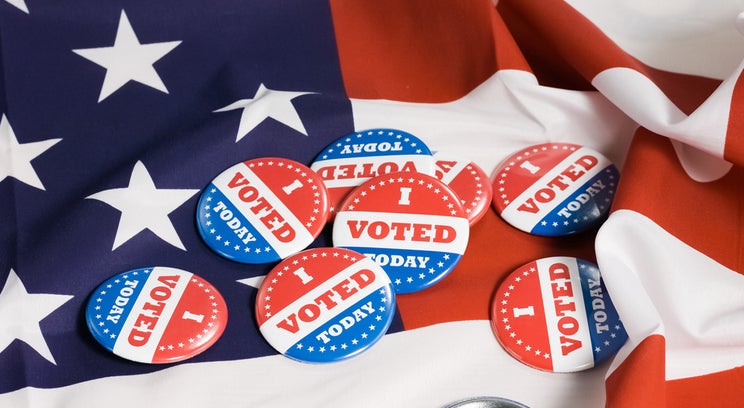
As elections approach in the United States, it’s a good opportunity for in-house counsel to remind board members, staff, and volunteers of tax-exempt organizations about the limitations that may apply to organizations’ lobbying and political activities. The general lobbying and advocacy rules were detailed in our ACCDocket.com article for the 2018 Congressional and local elections, and below, we’ve expanded on them with the 2020 election in mind.
As a reminder, 501(c)(3) public charities cannot spend a “substantial part” of their activities on lobbying. However, they may engage in some lobbying, but excessive lobbying risks losing their tax-exempt status and a potential imposition of an excise tax. All 501(c)(3) organizations are absolutely prohibited from engaging in political activity, even though 501(c)(3) public charities are allowed to engage in limited lobbying activities. This prohibition includes directly or indirectly intervening in an election for a candidate for public office, regardless of whether that office is a local school board, a state comptroller, or a federal congressperson.
However, 501(c)(4), 501(c)(5), and 501(c)(6) organizations can engage in unlimited lobbying, so long as the lobbying relates to the organization’s exempt purpose. They may also engage in political campaigns on behalf of or in opposition to candidates for public office provided that such intervention does not constitute the organization's primary activity.
For purposes of this article, the following definitions apply:
Lobbying is defined as “an activity that attempts to influence legislation. Such activities include contacting, or urging the public to contact, members or employees of a legislative body for the purpose of proposing, supporting, or opposing legislation, or if the organization advocates the adoption or rejection of legislation.”
Political campaign activity is “directly or indirectly participating or intervening in any political campaign on behalf of or in opposition to any candidate for elective public office.
This includes making contributions to political campaign funds or making public statements in favor of or in opposition to any candidate for public office.” This election season is particularly complex, because even general issue advocacy could be viewed as partisan. As we approach the election, many organizations want to get involved in social issues, but need to be aware of the limitations that apply.
Although issue-specific lobbying is allowed by 501(c)(3) organizations if the activity is nonpartisan and not designed to influence the election of any particular candidate for office, this could still be problematic in today’s political climate.
For example, if a 501(c)(3) organization wants to encourage people to learn about the roles and responsibilities of the President or representatives in Congress, even such descriptions could appear to be partisan. 501(c)(3) organizations need to be careful when supporting such messages to ensure that they do not appear to support or oppose a candidate for public office.
Being aware of the potential issues is critical since engaging in activities that directly or indirectly intervene in an election for a candidate for public office will result in an organization’s tax-exempt status being revoked.
Even for 501(c)(4), 501(c)(5), and 501(c)(6) organizations, as they wade into the political space, some messaging that may appear to be related to their exempt purposes should be closely reviewed.
Board members, staff, and volunteers of tax-exempt organizations need to be mindful of the various rules that apply regardless of the type of nonprofit structure. As we near an election that brings about strong feelings and opinions — which may be posted on social media — it is important to remind representatives of all tax-exempt organizations to clearly identify their positions as personal and not representative of the organization. This will mitigate any risk of an organization losing its exempt status due to inappropriate political activity.





